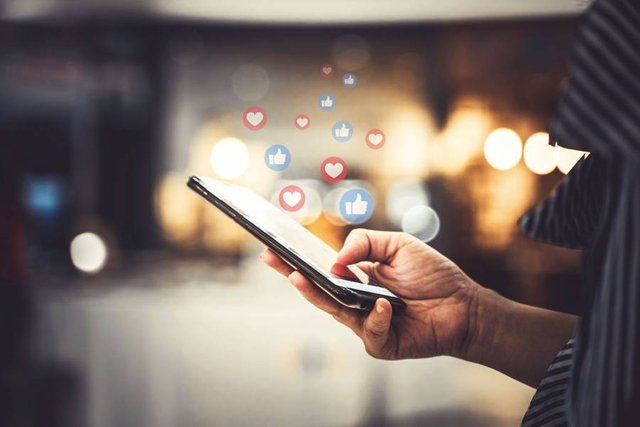Social Media and Mental Health is one of the hottest topics in the medical research community. According to the American College of Nutrition (ACN), it has been found that people who are exposed to high amounts of social media may be at a higher risk for developing depression or anxiety. A systematic review and meta-analysis reported, "There is a statistically significant association between Facebook and mental health". In a separate study, participants who were more active on Facebook had higher scores on the Positive Symptoms Index (PISA). This suggests that Facebook may promote positive moods and well-being. The results were published in PLOS ONE.

In the past, it was believed that Facebook promoted negative aspects of society. This led many young people to block their social media accounts. Some even went as far as to delete their accounts. Others turned to self-medication. Researchers have since realized that this trend could be detrimental to mental health.
Social media has changed the way we meet, connect and communicate. It has increased our connectivity, which is a healthy thing. However, researchers have linked social media and depressive symptoms in two ways: through neurocognitive measures and via self-reported health-related quality of life. Neurocognitive measures refer to your ability to think, analyze, and control your thoughts. These skills are positively related to depressive symptoms and social media use.
In a study published in the Journal of Social Psychology, researchers examined the relationship between social media anxiety and depression. The study recruited individuals from four different sample groups: pre-school children, women and men, college students, and a control group. The participants completed a questionnaire about depression and social networking. Those who were more depressed had higher levels of social media anxiety. Those with higher levels of social media anxiety also had higher levels of depressive symptoms. Those in the control group did not show an increase in depressive symptom scores.
In a second study, this time conducted by the National Institute of Mental Health, researchers conducted a systematic review of published studies. Their systematic review involved looking at seven published studies that involved a sample of adults. They looked at whether social media and psychological distress predicted each other, or if there was a dissimilarity. They found that those who were most anxious about their use of social media had more depressive symptoms and greater levels of social media anxiety. Those with less severe cases had little or no exposure to depression or anxiety.
The third study, led by epidemiologist Corinne Laue and published in the Journal of Social Psychology, looked at the relationship between social media use and physical activity. Specifically, the researchers looked at whether exercise was related to negative effects of social media use and mental health. Those who used social networking frequently were less likely to be involved in physical activity. Those who participated in social media were, however, more likely to report engaging in mental health related activities. The study also pointed out that children, whose use of social media decreased, also demonstrated less physical activity.
The fourth study, this time from Oxford University, looked at how social media can impact marital satisfaction. The researchers measured marital satisfaction using a variety of questions on a cross-section of participants. Those who participated in social media were less satisfied than those who participated in less social media. The results of this study highlighted the negative impact that social media can have on marital satisfaction for young people.

Overall, the trends reviewed above demonstrate that social media can have an impact on young people's mental health and well-being. However, it is important to remember that these are only trends and that there are no real conclusions. Research is still ongoing. What is clear, however, is that social media usage among adolescents has a negative impact on the mental health of this age group. If parents and educators are willing to address the negative effects of social media, there is a chance that the negative effects can be limited to a small portion of users.
LOL. I was just commenting about this in another post about social anxiety. Amazing when we collectively acknowledge issues.
Downvoting a post can decrease pending rewards and make it less visible. Common reasons:
Submit